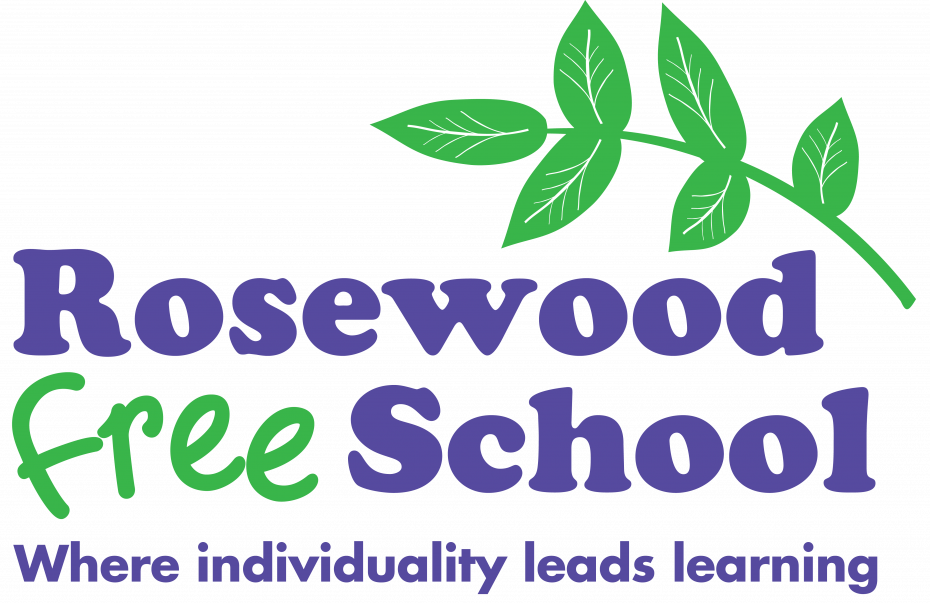Admission Arrangements
Rosewood is a school for pupils with profound and multiple learning difficulties, or for learners with severe learning difficulties who also have physical or medical needs.
Children and young people are placed at Rosewood by the Local Authority, who consult with the head teacher about whether the school can meet the child's needs. Children can attend on assessment places (while their EHCP is being written) or once they have their EHCP. We welcome visits from families as part of this process.
If your child has an existing EHCP and is already in school, and you would like them to be considered for a place at Rosewood, the process would take place via the Annual Review. Families can request a place at Rosewood and, once the paperwork is submitted, the Local Authority will consult Rosewood about a place.
Please see a copy of our admissions criteria and policy below.

